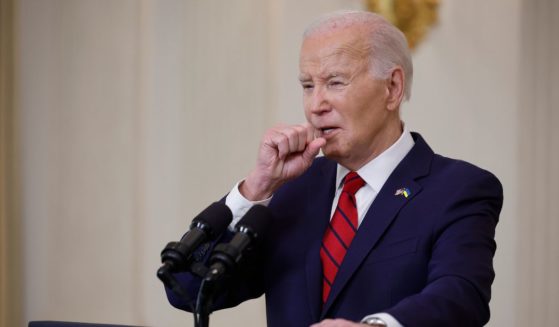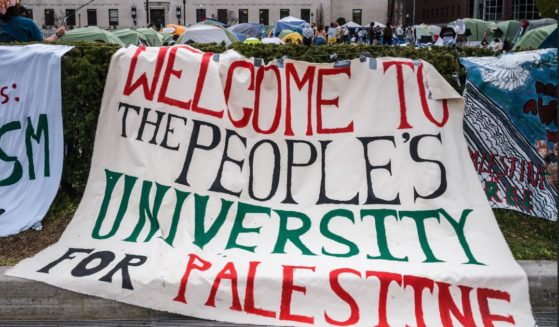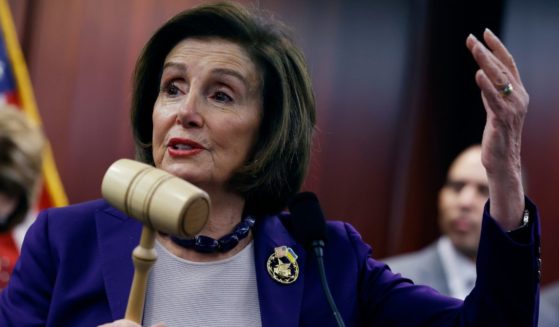WHO warns Ebola could spread elsewhere if attacks don't stop
DAKAR, Senegal (AP) — The World Health Organization warned Friday that it may not be possible to contain Ebola to the two affected provinces in eastern Congo if violent attacks on health teams continue.
The ominous statement comes amid escalating violence nine months after the outbreak began, crippling efforts to identify suspected cases in the community and vaccinate those most at risk. Earlier this week, Mai-Mai militia fighters attacked the town of Butembo at the epicenter of the crisis.
The update also noted that a burial team had been “violently attacked” after they interred an Ebola victim in the town of Katwa. The corpses of victims are highly contagious, requiring special precautions to ensure the disease is not transmitted at funerals.
Nearly five days of Ebola response activities were halted in Butembo and surrounding areas recently because of the insecurity, WHO said.
“The ongoing violent attacks sow fear, perpetuate mistrust, and further compound the multitude of challenges already faced by frontline health care workers,” it said. “Without commitment from all groups to cease these attacks, it is unlikely that this (Ebola) outbreak can remain successfully contained in North Kivu and Ituri provinces.”
David Miliband, president of International Rescue Committee, has met with health workers in the regional capital of Goma this week. Some fear it could take another year to get the disease under control, he said.
“There is a real concern to make sure it doesn’t spread to Goma,” he said. “And so this is, I think, a more dangerous situation than is widely recognized outside the country.”
The outbreak, which has killed 1,074 people, marks the first time that Ebola has struck inside a conflict zone. Eastern Congo has suffered decades of violence perpetrated by warring rebel groups and militias awash in arms.
The affected area, though, is also close to Congo’s borders with Uganda and Rwanda, and health officials in both countries have been preparing in case someone sick with Ebola should bring the disease across international borders.
WHO and others have previously said that the risk of that happening was low. The difficulties in accessing some of the hardest hit areas in Congo, though, means that health workers are struggling to isolate the sick, and track down and isolate their caregivers and family members.
About half of those dying remained in their homes instead of seeking treatment at Ebola health centers, giving the virus an opportunity to spread to those in physical contact with victims.
Amid the rising number of cases, WHO said Friday that an advisory group was now recommending that those at high risk of contracting Ebola be given a vaccine dose of 0.5mL of vaccine instead of 1mL. The group is proposing that the vaccine be given more widely, including to those living in communities where there have been recent Ebola cases.
In addition to the risks posed by militias there also has been widespread community mistrust in eastern Congo, a byproduct of years of conflict and grievances with the government. WHO said it was aiming to have the of majority vaccine teams comprised of local health workers by the end of the month in an effort to reduce tensions.
___
Follow Africa news at http://twitter.com/AP_Africa
The Western Journal has not reviewed this Associated Press story prior to publication. Therefore, it may contain editorial bias or may in some other way not meet our normal editorial standards. It is provided to our readers as a service from The Western Journal.
Truth and Accuracy
We are committed to truth and accuracy in all of our journalism. Read our editorial standards.












